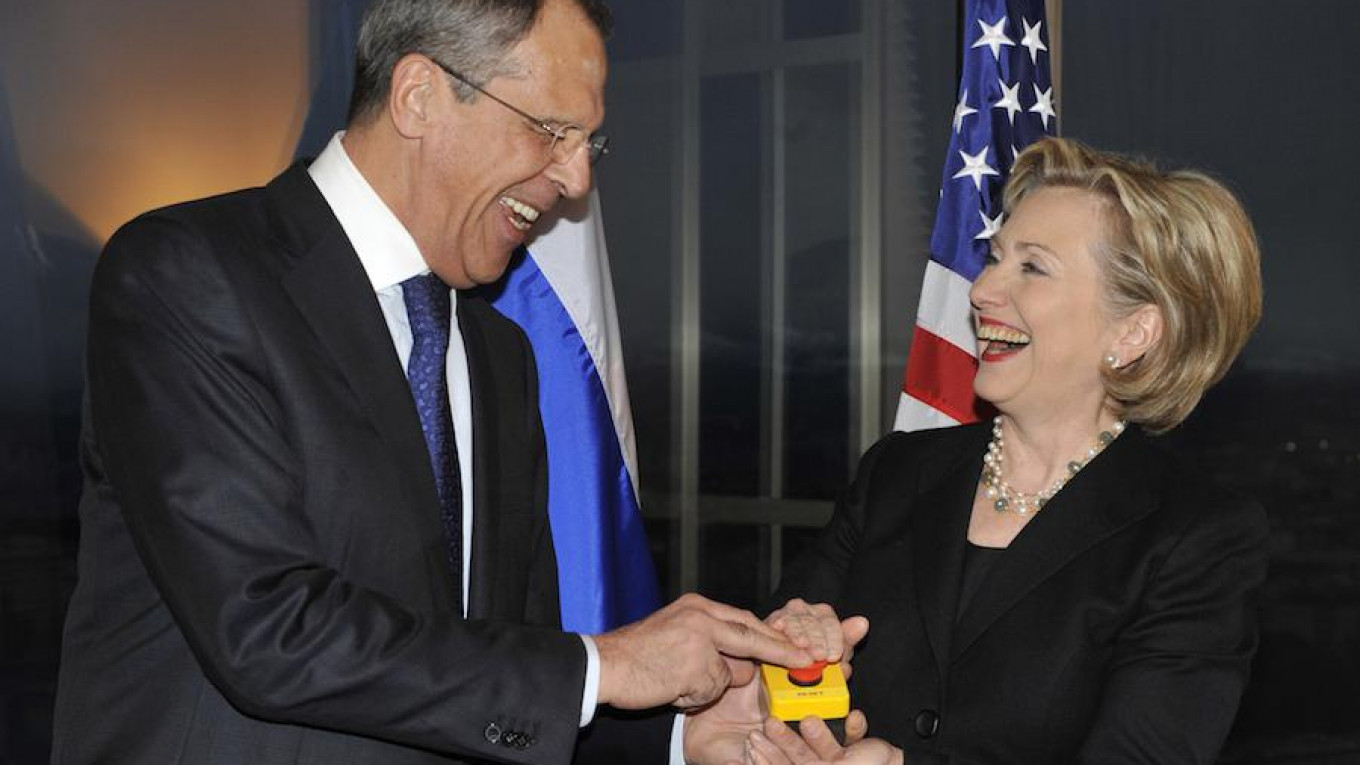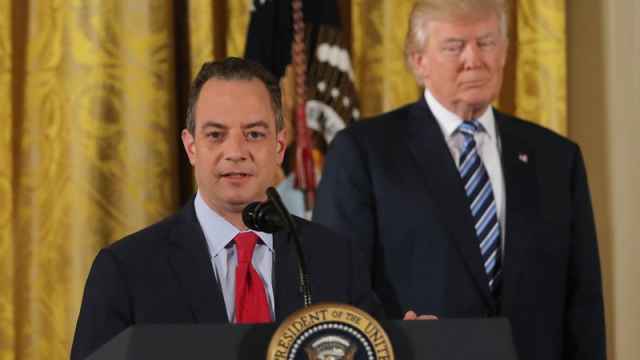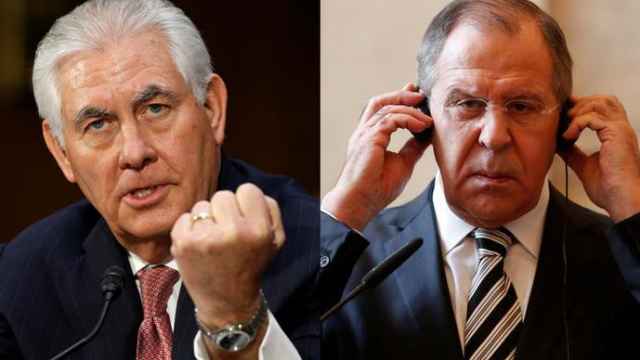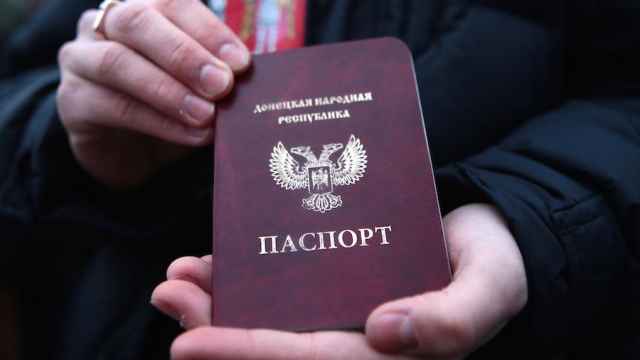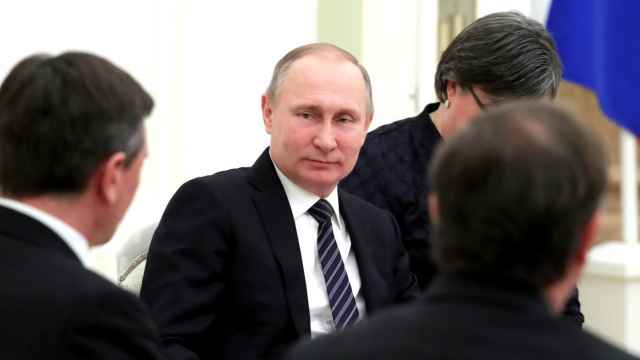Eight years ago, the new Obama administration used the annual Munich Security Conference to launch a “reset” with Russia. It sent a high-profile delegation and Vice-President Biden made a major foreign policy speech.
This year, the fresh-faced Trump administration sent Vice-President Pence and Defense Secretary Mattis. They reaffirmed many of the Obama administration’s Russia policies — particularly on NATO, Ukraine and Syria — that Moscow said had driven the relationship to the ground. But the good news for Moscow was that many European participants found the U.S. reassurances lacking in credibility given the level of turmoil in Washington. This year’s Munich conference did not help raise the level — or substance — of the US-Russia dialogue.
Russia played it safe. They sent Foreign Minister Lavrov, who delivered a boilerplate speech repeating standard-issue Russian grievances. There were complaints about NATO and calls for the “post-West” international order. But there was also precious little substance on how Russia wants this new world order to work.
Moscow decided not to raise the level of its delegation in Munich (Prime-Minister Medvedev showed up in 2016) despite an opportunity for a first face-to-face meeting with Vice President Pence. Lavrov met US Secretary of State Rex Tillerson at the G20 event in Bonn two days earlier, but the meeting broke no new ground.
Both Secretaries Mattis and Tillerson have raised serious objections to direct US-Russia military cooperation in fighting international terrorism in the Middle East. They reaffirmed some of the conditions for any cooperation set by the Obama administration, including a U.S. veto on Russian and Syrian targeting of the Syrian rebel groups. There were also earlier White House statements calling on Russia to de-escalate in Donbass and return Crimea to Ukraine.
All in all, this was not the news Moscow wanted to hear from the new team in Washington. Russian state media have shown a palpable sense of buyer’s remorse over recent days.
Yet, according to some press reports, the Trump White House is still debating the merits of offering Russia some sort of a grand bargain. According to one mooted proposal, Russia would be ceded a sphere of influence in Eastern Europe in return for a military alliance against ISIS, more nuclear reductions and efforts to curtail the power of Iran and China.
It is not clear whether this effort will go anywhere given the opposition by the foreign policy establishment in Washington. But the real problems will be at Moscow’s end: the Kremlin has little to offer on its end of the bargain.
In other words, the deal would amount to a fire sale of US interests. Moscow cannot contribute ground forces to a US-led offensive against ISIS in Raqqa. The use of its airpower there would be redundant or even harmful to Washington’s goals. Russia is too dependent on Iran and its proxies in Syria to engage with the US in ratcheting political and military pressure on Teheran. It is no longer feasible for Moscow to consider joining forces with the United States to contain China. In fact, increased U.S. pressure on China may prompt Beijing to seek closer security ties with Russia.
Nor is Moscow interested in more nuclear arms control. Indeed, it is actually in the process of breaking the 1987 Intermediate-Range Nuclear Forces Treaty Treaty. The grand bargain the Trump administration is contemplating may turn out smaller than it sounds.
It is striking that Moscow has not been pro-active in preparing the ground for a “grand bargain” with Washington either. It has advanced no new proposals on resolving European security issues, settling the simmering conflict in eastern Ukraine or reaching a viable political settlement in Syria. It has eschewed even a hint of compromise — digging in its heels on key issues while retaining military coercion as its most effective tool. Russian planes keep buzzing U.S. warships in the Black Sea.
Trump’s attempts to refocus NATO on counterterrorism provides Moscow with an opening to push through its own idea of a new European security architecture. According to this vision, NATO would be “Finlandized,” with a reduced military footprint in Eastern Europe. But if this plan has any chance of getting off the ground, Moscow needs to put more skin in the game and come up with options for its own demilitarization. Currently, Russian military capability in Eastern Europe outmatches NATO. There have been no such moves.
Moscow has been most unyielding on the implementation of the Minsk-2 agreement, pushing the West to pressure Kiev into accepting a settlement that would give Moscow effective levers for controlling Ukraine’s future.
In a less than subtle signal, on Saturday 18 March, President Putin issued a decree to recognize passports by the separatist Donbass Republics on the same day that Foreign Minister Lavrov pushed for Minsk implementation in Munich.
The decree itself changes little (it actually recognizes the holders of such documents as Ukrainian citizens) and its duration is conditional on the full implementation of Minsk-2. But it is still one notch up the escalation ladder, and it increases the pressure on Kiev and the West. Moscow seems to be saying that the “grand bargain” starts only after the Trump administration fully accepts Russian demands on Ukraine.
It looks like a raw deal for the Americans.



